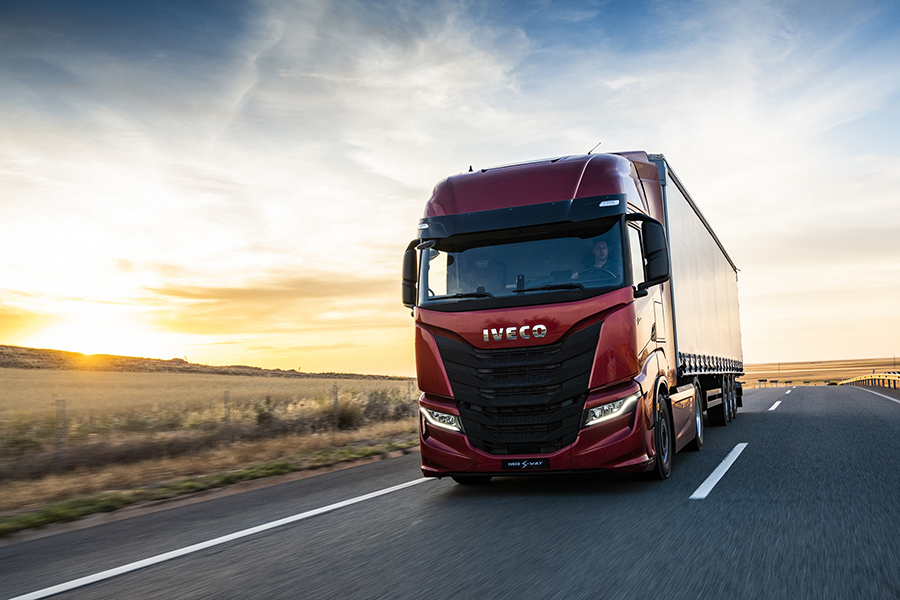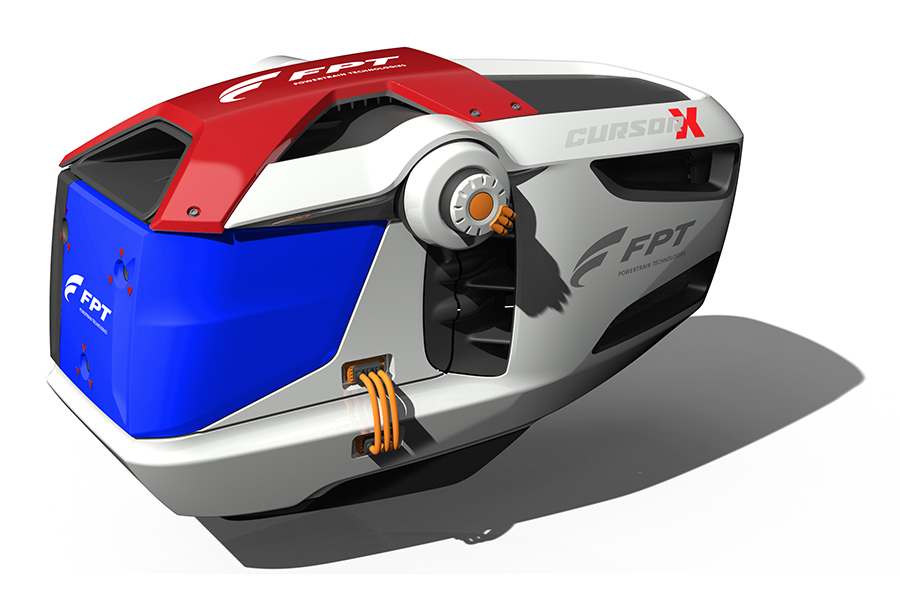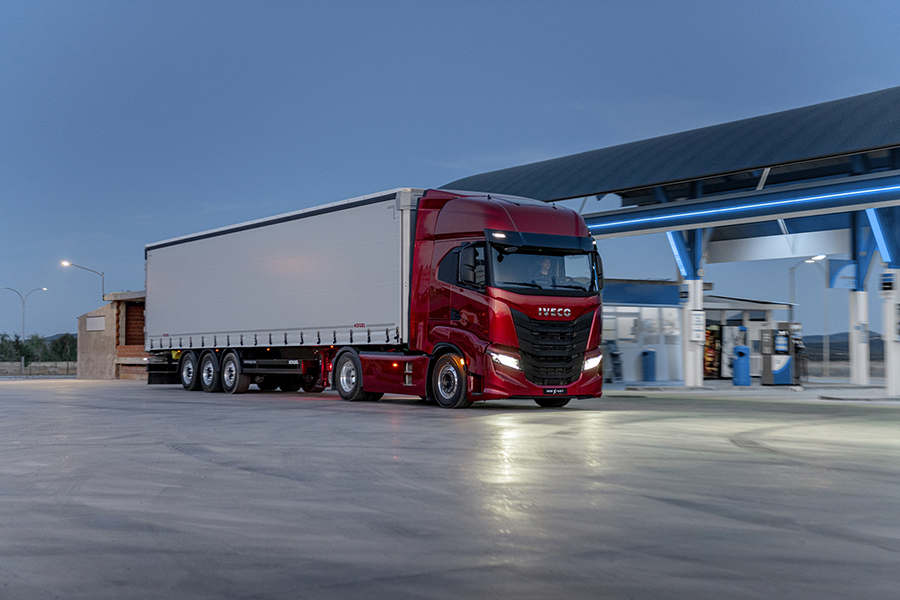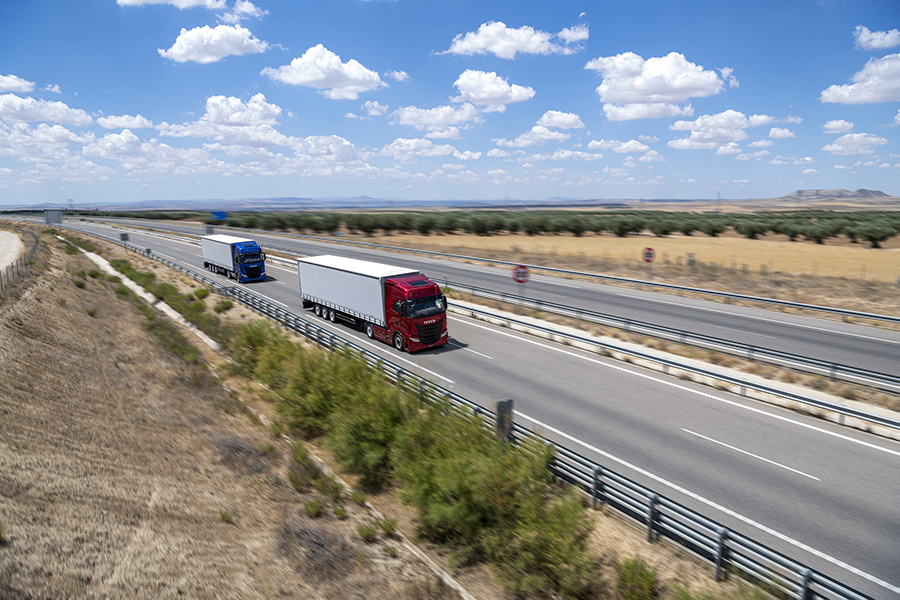
Society’s demand for carbon neutrality is signaled by increasingly stringent emission standards, and OEMs must act responsibly when rethinking their approach to meeting them. As such, we need to consider that the rise of economies is often directly correlated with a rise in emissions. So how do we decouple the two? The solution lies in changing energy technologies and behaviors, while working to mitigate the current scenario.

As a leader in agriculture and long-haul transport—where emissions are a reality—and an industry leader in the Dow Jones Sustainability Indices for nine consecutive years, CNH Industrial has long worked to reduce or eliminate emissions. Today, our powertrain business, FPT Industrial, is the forerunner in compressed and liquefied natural gas engine technology for industrial applications, and was the first to patent a high-efficiency after-treatment system that replaced previous complexities in engine architecture.
With an ambition to become carbon neutral, and with the purpose of powering sustainable transformation, we are building upon a strong innovation pipeline and examining new disruptive technologies. By changing the tech in our engines and enhancing the operation of our machinery, they have become more efficient at using energy and curbing, or in some cases eliminating, emissions.

Today, we have a full suite of alternative propulsion solutions. Our natural gas engines achieve diesel-like performance, and we already provide electric and hybrid solutions for IVECO Bus and Heuliez Bus, and for IVECO light commercial vehicles.
For tomorrow’s energy-independent operations, our concepts include a New Holland Agriculture tractor and a CASE Construction Equipment wheel loader, both methane-powered, and a self-learning FPT engine that can switch from natural gas to hydrogen fuel cell electric generation, to stored battery energy, and can fit into any industrial vehicle or machine.
“By changing the tech in our engines and enhancing the digital awareness of our machinery, they become more energy efficient.”
Hubertus Mühlhäuser, Chief Executive Officer, CNH Industrial
We view fuel cell technology as the next logical step in solving emissions. It can build on the existing refueling networks for methane that, when upgraded, will enable on-site production of hydrogen. FPT continues to develop advanced diesel powertrain technologies to reduce the impact of the world’s most dominant fuel source, while paving the way for hydrogen’s long-term viability.

In terms of affecting the behavior of machines, we’ve presented several concepts, including the world’s first cabless autonomous tractor from Case IH, which is embedded with precision solutions that monitor its internal performance and external surroundings, and connect it with other machines in the field.
By focusing on the digital and automation aspects of equipment operations, we are making them safer and more efficient. Our recent acquisition of AgDNA, a leader in farm management information systems, will provide farmers and agribusinesses with a single platform that consolidates a wide range of agronomic data from machines, the field and third parties, to help them make informed decisions quickly.

These are just some of the developments highlighted on Sept. 3 at our Capital Markets Day in New York, where we announced that we will drive new investments and strategic initiatives into our technologies and brands. We expect this will result in market share gains and lead to a net sales growth of 5% annually throughout our five-year plan period. We are committing $1.9 billion to R&D, which includes addressing the megatrends that will change the face of our industry: alternative propulsion, automation, digitalization and servitization—each of which impact emissions.
While we continue to develop internally, we acknowledge that the challenge posed by emissions is bigger than one company. Pursuing an open approach, we wish to become the easiest to work and innovate with by making selected data sets accessible to new partnership ventures, thus disrupting the value chains around us.

In the sphere of alternative propulsion, we are working with notable startups, and have incubator partnerships in place. Of recent note is our $250 million investment in Nikola Corporation, an American company specializing in hydrogen-electric vehicles, energy storage systems and hydrogen stations. We are excited to partner with and benefit from Nikola’s very clear zero emissions goal, and to gain access to its proprietary hydrogen fuel cell technology. Within this framework, the industrial and commercial know-how and network of our IVECO brand will accelerate the introduction of Nikola’s range of heavy-duty trucks in the U.S. and Europe.
In agriculture, our AGXTEND range provides customers with a wide range of precision farming and electronic communication solutions from strategic partner companies, facilitating wide-scale adoption. The products on this platform have the potential to significantly enhance the sustainability of agribusinesses.

Our continued investments are demonstrating that we see sustainability as a business enabler that will provide a real competitive advantage going forward. We are better positioned than ever to deliver multiple solutions that reduce the emissions footprint of the machinery required to keep the world and its economies running at full
capacity![]()
As published in FORTUNE magazine









